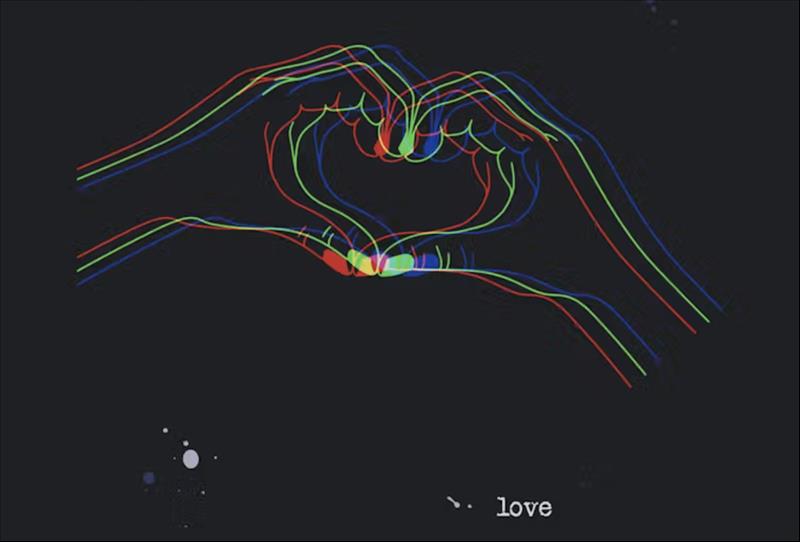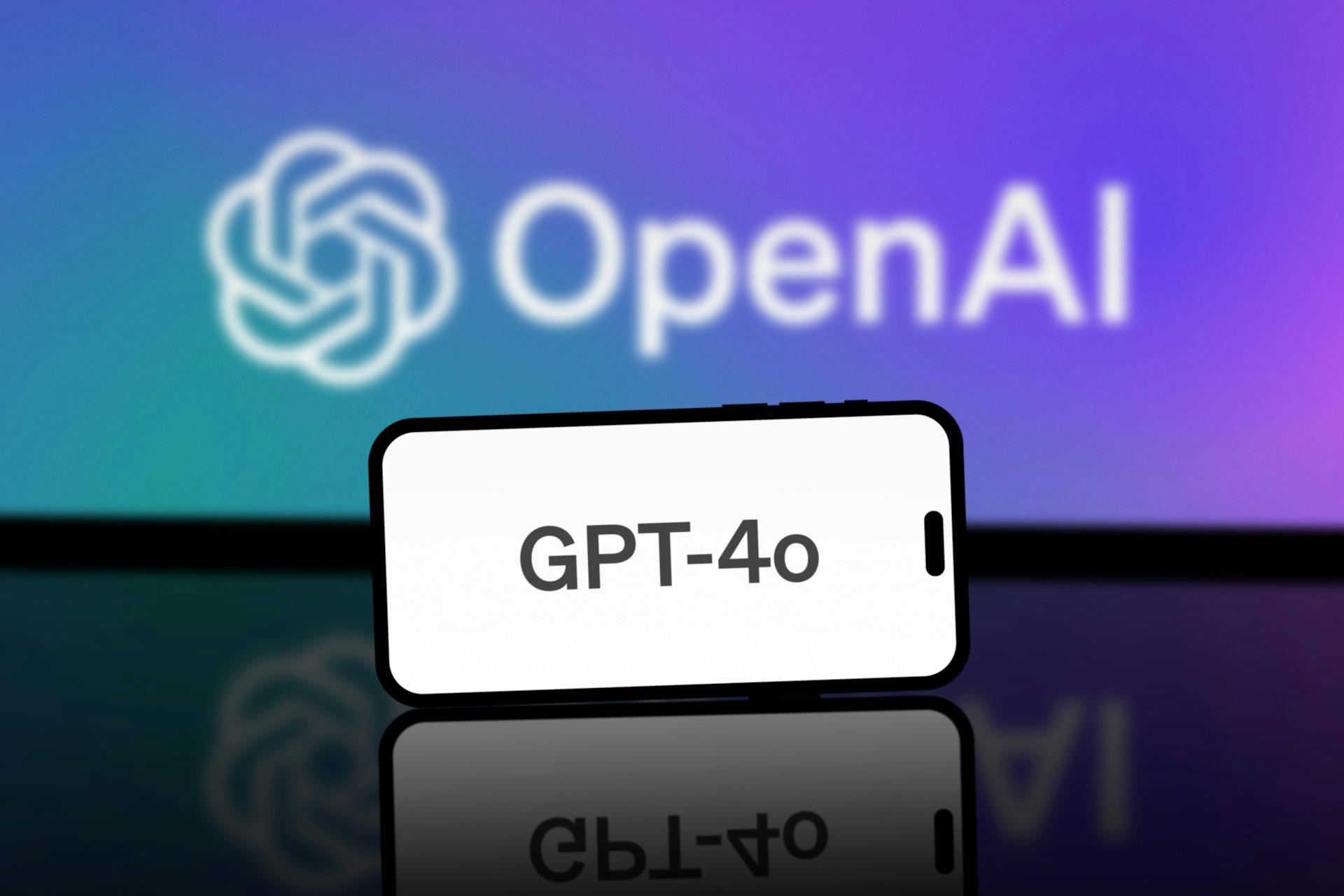
Falling In Love, Literally, With Chatgpt
That's because the company behind the language model-cum-chatbot, OpenAI, is currently running a limited pilot of a new feature known as“advanced voice mode.”
OpenAI says this new mode“features more natural, real-time conversations that pick up on and respond with emotion and non-verbal cues.” It plans for all paid ChatGPT subscribers to have access to the advanced voice mode in coming months.
Advanced voice mode sounds strikingly human. There aren't the awkward gaps we are used to with voice assistants; instead, it seems to take breaths like a human would. It is also unfazed by interruption, conveys appropriate emotion cues and seems to infer the user's emotional state from voice cues.
But at the same time as making ChatGPT seem more human, OpenAI has expressed concern that users might respond to the chatbot as if it were human – by developing an intimate relationship with it.
This is not a hypothetical. For example, a social media influencer named Lisa Li has coded ChatGPT to be her“boyfriend” . But why exactly do some people develop intimate relationships with a chatbot?
The evolution of intimacyHumans have a remarkable capacity for friendship and intimacy. This is an extension of the way primates physically groom one another to build alliances that can be called upon in times of strife.

Legal Disclaimer:
MENAFN provides the
information “as is” without warranty of any kind. We do not accept
any responsibility or liability for the accuracy, content, images,
videos, licenses, completeness, legality, or reliability of the information
contained in this article. If you have any complaints or copyright
issues related to this article, kindly contact the provider above.























Comments
No comment